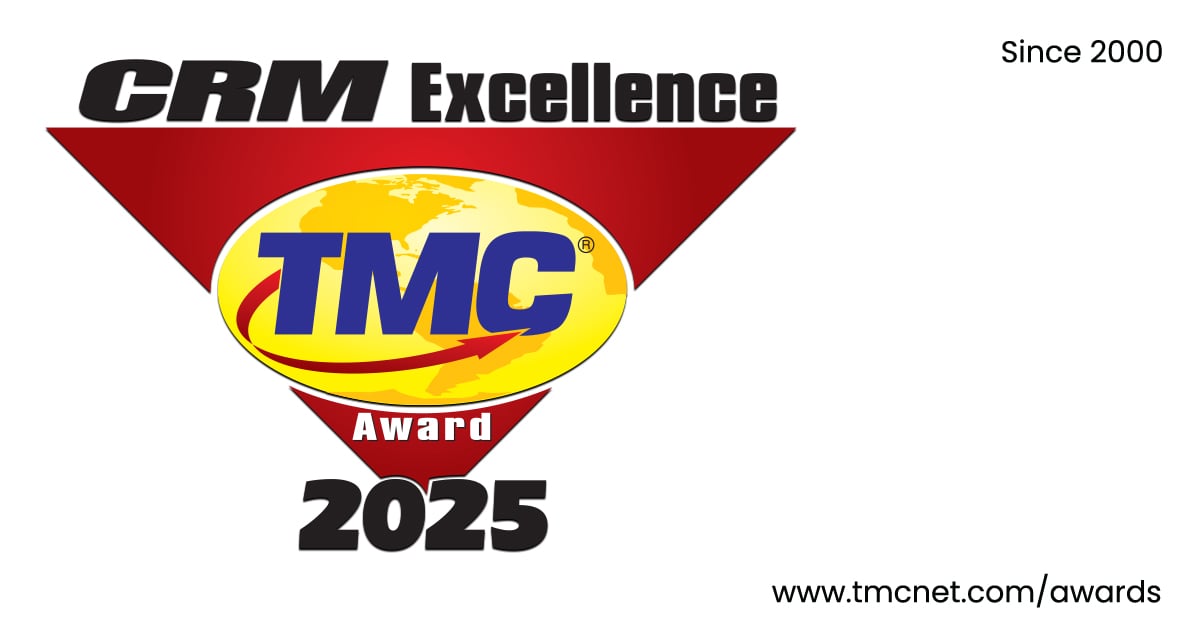Success rarely occurs in a silo, particularly in today’s hyper-connected, hyper complex world; as such, success often has many parents. In the current business environment, the right partnerships bring tremendous value to an organization. This is especially true when it comes to partnerships that serve the lifeblood of a company – its customers. Finding the right Business Process Outsourcing (BPO) provider for customer service needs, however, is not easy, as it requires trusting a third-party to effectively represent one's brand and to permit them to engage directly with one's customers in an outsourced model.
The Trend towards Non-Renewals
Selecting a BPO provider is an important decision for any business, requiring research, time and commitment. Yet despite the energy that goes into partnership, many are failing. A new study by consulting and research firm Everest Group, with support from TELUS International, revealed that 50-60 percent of end-of-term Contact Center Outsourcing (CCO) contracts were not renewed from 2013-2014.
It’s not just CCO contracts that are under buyer scrutiny, however. Most BPO segments, including Finance and Accounting (FAO), Procurement Outsourcing (PO), and Human Resource Outsourcing (HRO), are experiencing higher rates of non-renewals than in previous years.
The question is: why? Why are some outsourcing vendors succeeding, when clearly others are not? While termination rates may signal trouble for some vendors, for engaged and innovative outsourcing providers, it’s a sign of an exciting shift in the industry towards fewer, but increasingly meaningful, partnerships.
Evolving Partnerships
The global BPO industry, which has grown to $150 billion, has evolved significantly over the years. For most buyers, it’s no longer just a cost optimization play. Instead, buyers and service providers are moving towards more engaged outsourcing models that foster strategic value creation. But getting there is not easy. After all, engaged outsourcing relationships don’t just happen overnight – they are envisioned, diligently built and then intentionally nurtured.
Six Principles for Engaged BPO Partnerships
Just as companies focus on having the most engaged workforces, BPO buyers and suppliers should focus on having the most engaged partnerships. As Denise Morrison, CEO of Campbell Soup Company, said, “The attitude of giving a full commitment to the partnership will usually result in getting the same commitment in return.”
The need to collaboratively manage the relationship within a framework that targets mutually beneficial outcomes marks a departure from the more traditional buyer-service provider model. To accomplish this, BPO buyers and suppliers must agree on what truly drives value in a partnership. The Everest Group and TELUS International study identified six key principles impacting outsourcing relationship value:
- A Formalized Communication Strategy to Build Trust – As with any relationship, communication is key, and a lack thereof is one of the biggest complaints amongst buyers. Having a defined client engagement model to continuously manage and measure the relationship can go a long way to sustaining relationship value. Regular pulse checks build trust, especially when both sides feel empowered to openly discuss program status and identify remediation plans to tackle issues.
- Executive Relationship Building – When executive presence is missing in any business relationship, it shows a lack of commitment and intent to invest in the partnership. It also makes it harder to escalate and resolve issues in a satisfactory manner. Senior executives from both sides should be present throughout the relationship – not just when the deal is signed. Formalizing executive presence as part of the governance model is one way to support a working partnership.
- Customer Experience Innovation – High customer expectations are leading BPO buyers to challenge their incumbent providers to go “beyond the obvious,” especially after the first few years of a relationship. Innovation can come in all forms, from enhanced training and coaching programs to Six Sigma initiatives and technology enablement. As service providers look to create these innovative solutions that impact end-customer loyalty, brand value, and likelihood to recommend, buyers must commit to making the necessary organizational changes for adoption.
For example, Quality Assurance (QA) is often associated with “check the box auditing” when it comes to evaluating the strengths of front-line agents in the call center. However, when one buyer-service provider relationship focused on coaching instead of merely checking boxes, amazing things happened. Not only did agent engagement scores increase, because agents felt that the company cared and was investing in their success, but customer satisfaction improved by over 20 percent – all in less than five months. This worked because the buyer was willing to invest in a new, more innovative, QA model.
- Front-line Engagement – Aon Hewitt’s 2015 Trends in Global Employee Engagement shows that the financial implications of an engaged workforce are significant. Their studies have found that a five percent increase in employee engagement is linked to a three percent increase in revenue growth in the subsequent year. In the CCO industry, which is plagued by high attrition, this correlation is eye-opening, especially since it’s the tenured and engaged employees who are motivated to provide the customer and brand experiences that positively impact financial outcomes. Therefore, employee engagement, beyond salary, should be a priority for staff assigned to a buyer’s account.
- Quality of Service – All relationships experience some stress at the start. But ongoing quality issues that impact customers can be a death knell for the relationship. Quality issues often occur when outsourcing relationships focus on minimizing costs and maximizing efficiency – a scenario that’s not typically suited to maximizing what’s most important: the quality of the customer experience.
- Aligning on Business Objectives – Alignment is needed to identify and achieve agreed upon goals. Service providers must deliver on the day-to-day operations, while also understanding the client’s overall strategic direction. At the same time, buyers must invite their service providers to the table, educating them on where the business is headed. With increased understanding, both parties can focus on business outcomes like sales conversions, customer satisfaction, customer effort and net promoter scores – rather than just the operational ones.
With the growing maturity of the BPO industry, delivering on service level agreements and contractual terms is table stakes. Instead, meaningful partnerships require greater investment of time, commitment and vital resources from both sides. Contract renewals will happen when both service providers and buyers bring more attention to the relationship – and importantly, agree on the principles that drive engagement and value creation from the start.
 Jeffrey Puritt is President of TELUS International, a global BPO and ITO company with over 21,000 team members around the world, including in Canada, the United States, Central America, Europe and Asia. TELUS International is the global arm of TELUS, one of Canada’s largest telecom companies, with CDN$12.5 billion in annual revenue and 12.5 million customer connections. Learn more: telusinternational.com
Jeffrey Puritt is President of TELUS International, a global BPO and ITO company with over 21,000 team members around the world, including in Canada, the United States, Central America, Europe and Asia. TELUS International is the global arm of TELUS, one of Canada’s largest telecom companies, with CDN$12.5 billion in annual revenue and 12.5 million customer connections. Learn more: telusinternational.com
Edited by
Stefania Viscusi





